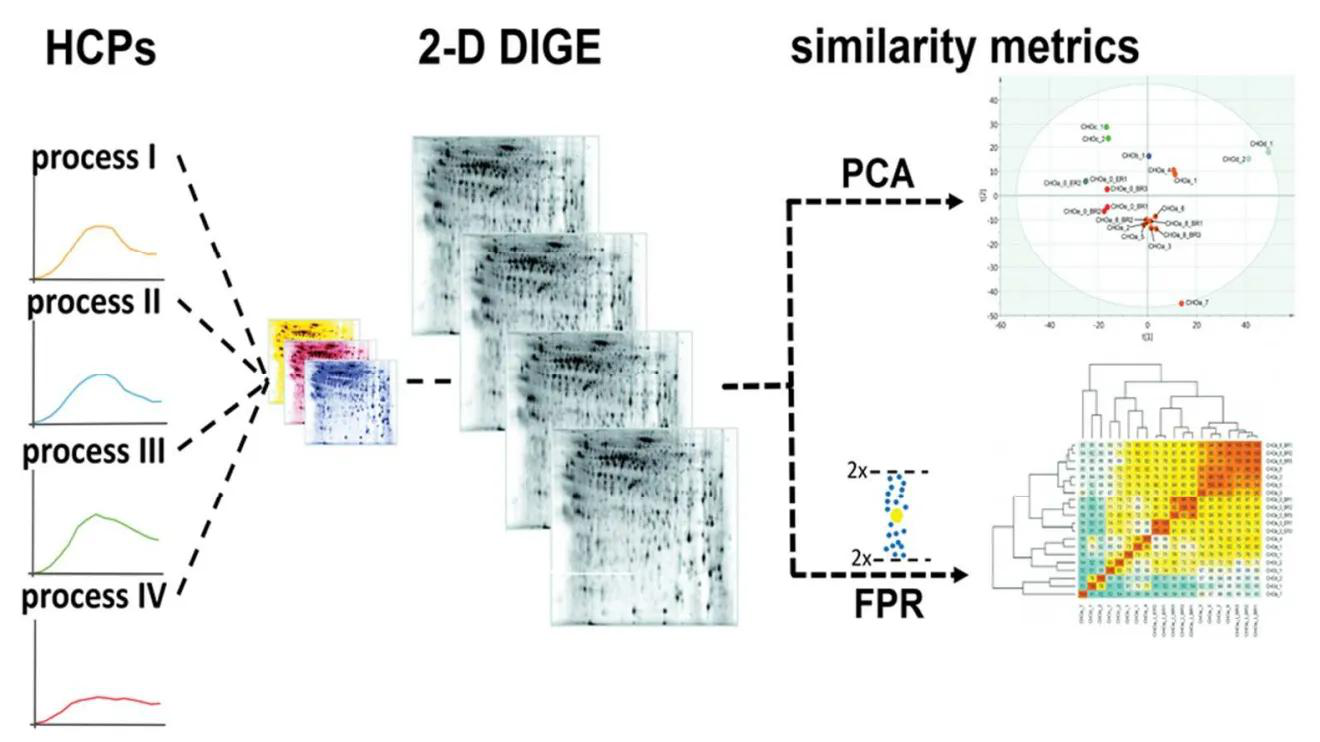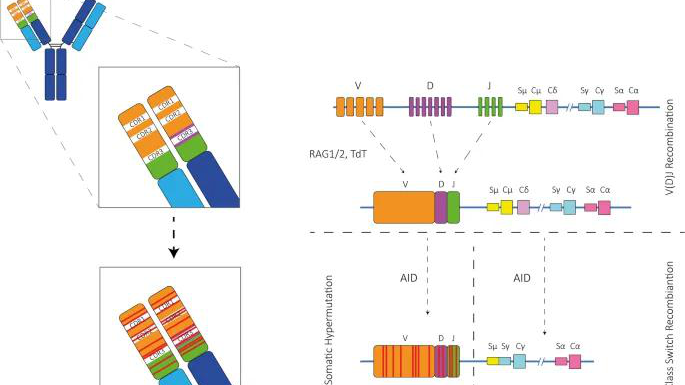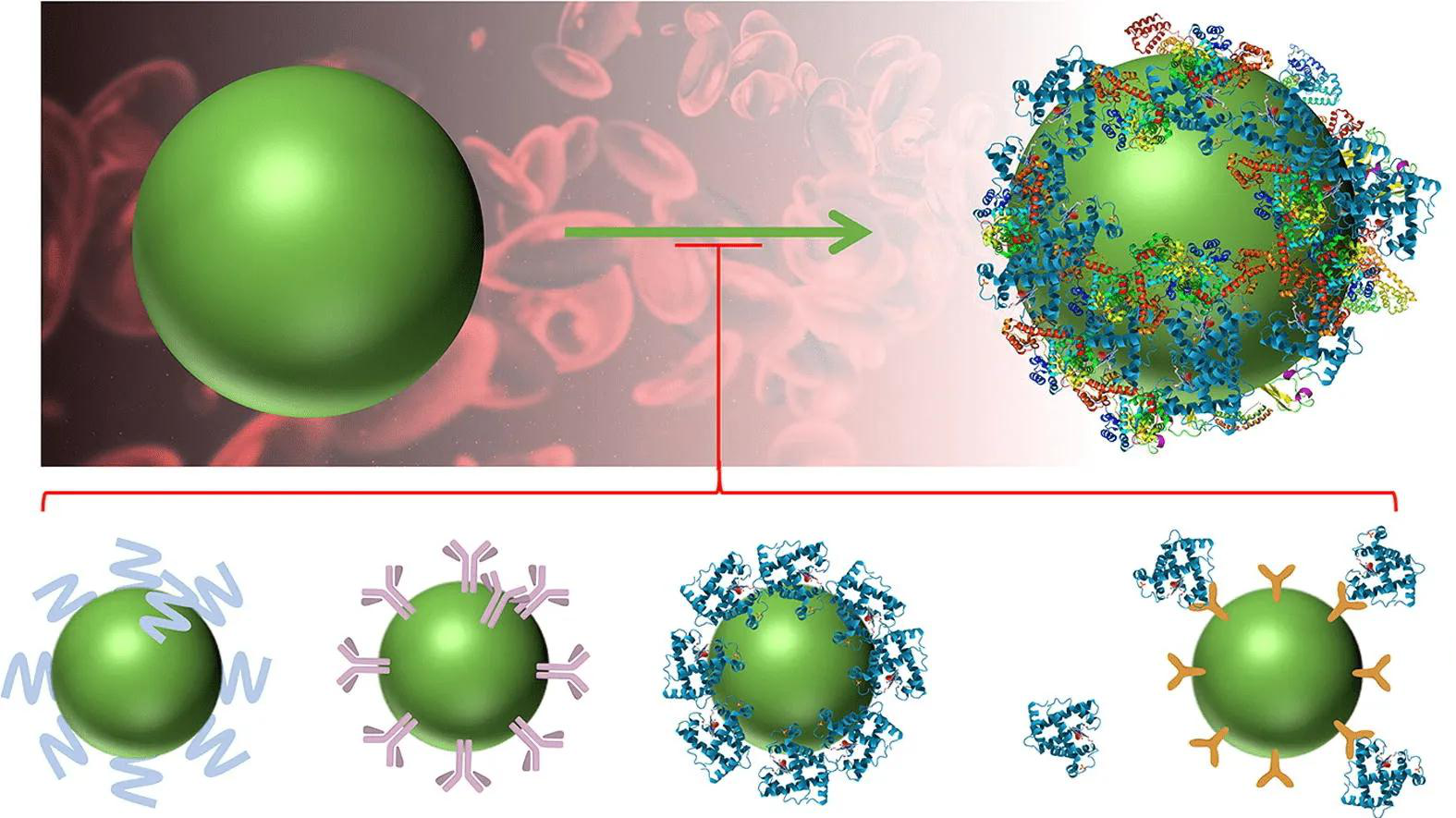Customized Drug Development and Optimization Service
With the continued advancement of molecular mechanism research in diseases, drug development is rapidly evolving toward more precise, targeted, and controllable strategies. This is especially true in the case of novel drug systems, such as monoclonal antibodies, recombinant proteins, bioconjugates, and nanomedicines, which involve complex molecular structures, diverse expression systems, and significant host background interference. These challenges necessitate personalized, adjustable, and mechanism-clear development pathways.
MtoZ Biolabs offers comprehensive Customized Drug Development and Optimization Service by integrating high-sensitivity detection platforms with advanced multi-omics capabilities. Our Customized Drug Development and Optimization Service encompasses key areas such as host residual risk monitoring, structure–function analysis, antibody sequencing, and nanointerface mechanism evaluation, delivering robust technical support for drug discovery, CMC research, and preclinical development.
Services at MtoZ Biolabs
Analysis Workflow

Why Choose MtoZ Biolabs?
✔ Comprehensive Detection System for the Entire R&D Cycle
From residual impurities and structural confirmation to mechanisms of action and delivery behavior, we cover all aspects of drug development.
✔ Adaptability to Various Molecular Forms
We support the analysis of complex systems such as recombinant proteins, antibodies, nanoparticles, and small molecule conjugates.
✔ Cross-Platform Integration
By integrating high-throughput screening, NGS, mass spectrometry, and other technologies, we provide precise data support and technical solutions tailored to client needs.
✔ Flexible Project Execution Models
We offer both modular and full-chain development services, providing efficient responses to client requirements.
✔ One-Time-Charge
Our pricing is transparent, no hidden fees or additional costs.
Sample Submission Suggestions
The Customized Drug Development and Optimization Service applies to antibody drugs, recombinant proteins, biological carriers (such as liposomes, nanoparticles), cell expression systems, and body fluid media. Specific sample conditions, handling methods, and submission amounts vary depending on project needs. To ensure smooth service progression, we recommend consulting with our technical experts before project initiation. We will provide detailed sample submission guidelines and project execution advice.
FAQ
Q1: How does this service meet the needs of different clients?
MtoZ Biolabs’ Customized Drug Development and Optimization Service is highly flexible, allowing us to create tailored development plans based on each client's specific needs. Whether optimizing small molecule drugs or modifying antibody drug affinity, we offer one-on-one technical support and solutions, ensuring efficient project advancement with a personalized approach.
Q2: How can potential toxicity be effectively reduced in the drug development process?
Our service effectively predicts and avoids potential toxic reactions early on through systematic drug screening and in vitro/in vivo toxicological studies. By combining functional cell assays, acute and chronic toxicity tests, and immunogenicity evaluations, we identify the side effects of candidate drugs. Through structure-activity relationship analysis, we optimize the drug molecules to minimize damage to non-target cells and tissues.
MtoZ Biolabs is dedicated to providing personalized, systematic technical support for drug development. Our Customized Drug Development and Optimization Service offers comprehensive support, from impurity analysis and sequence interpretation to delivery mechanism evaluation. We are committed to using data-driven insights and scientific knowledge to help bring your drug candidates from the laboratory to preclinical and industrial development stages. Feel free to contact us for customized project consultations and solutions.
Related Services
How to order?











